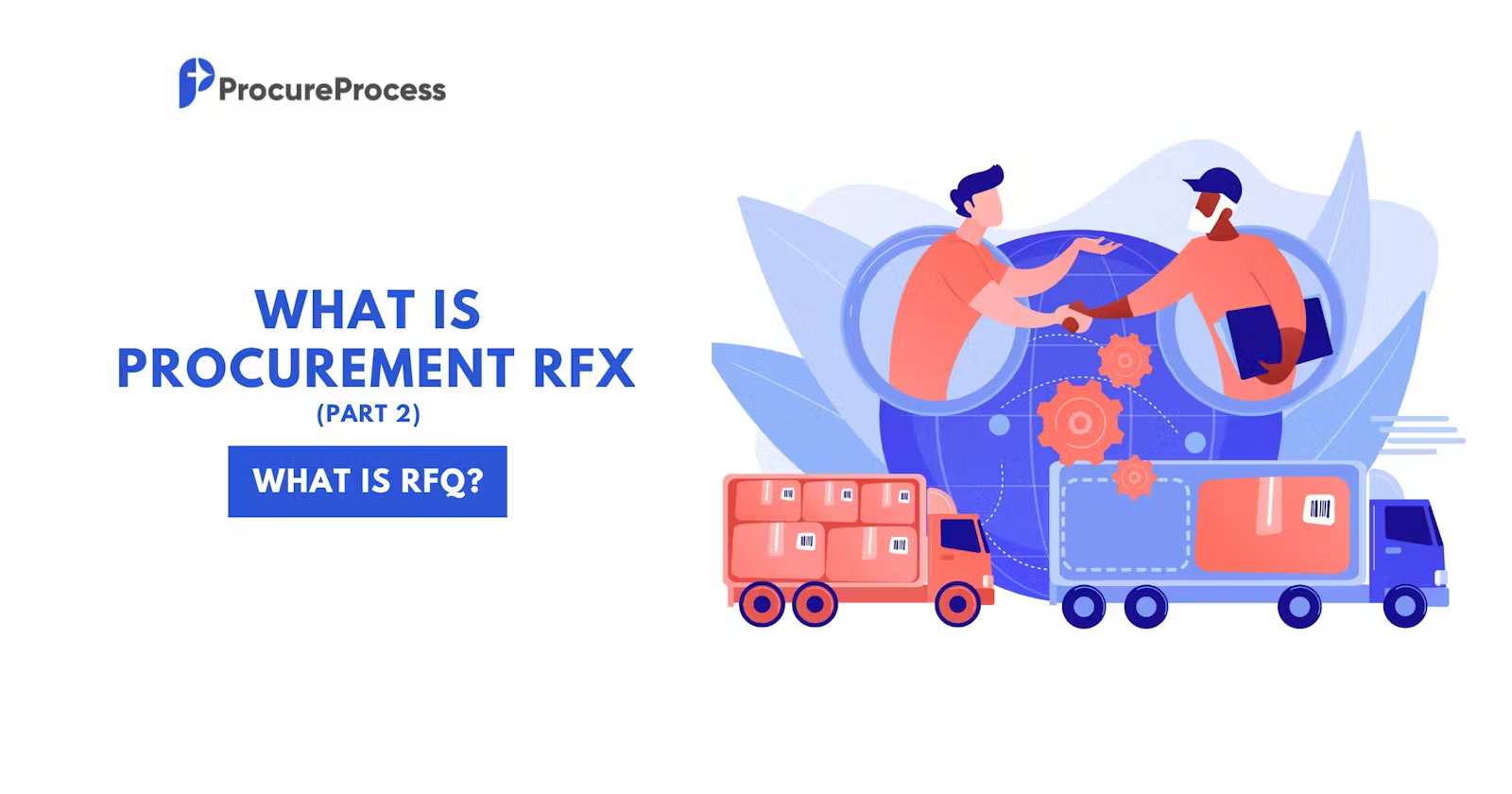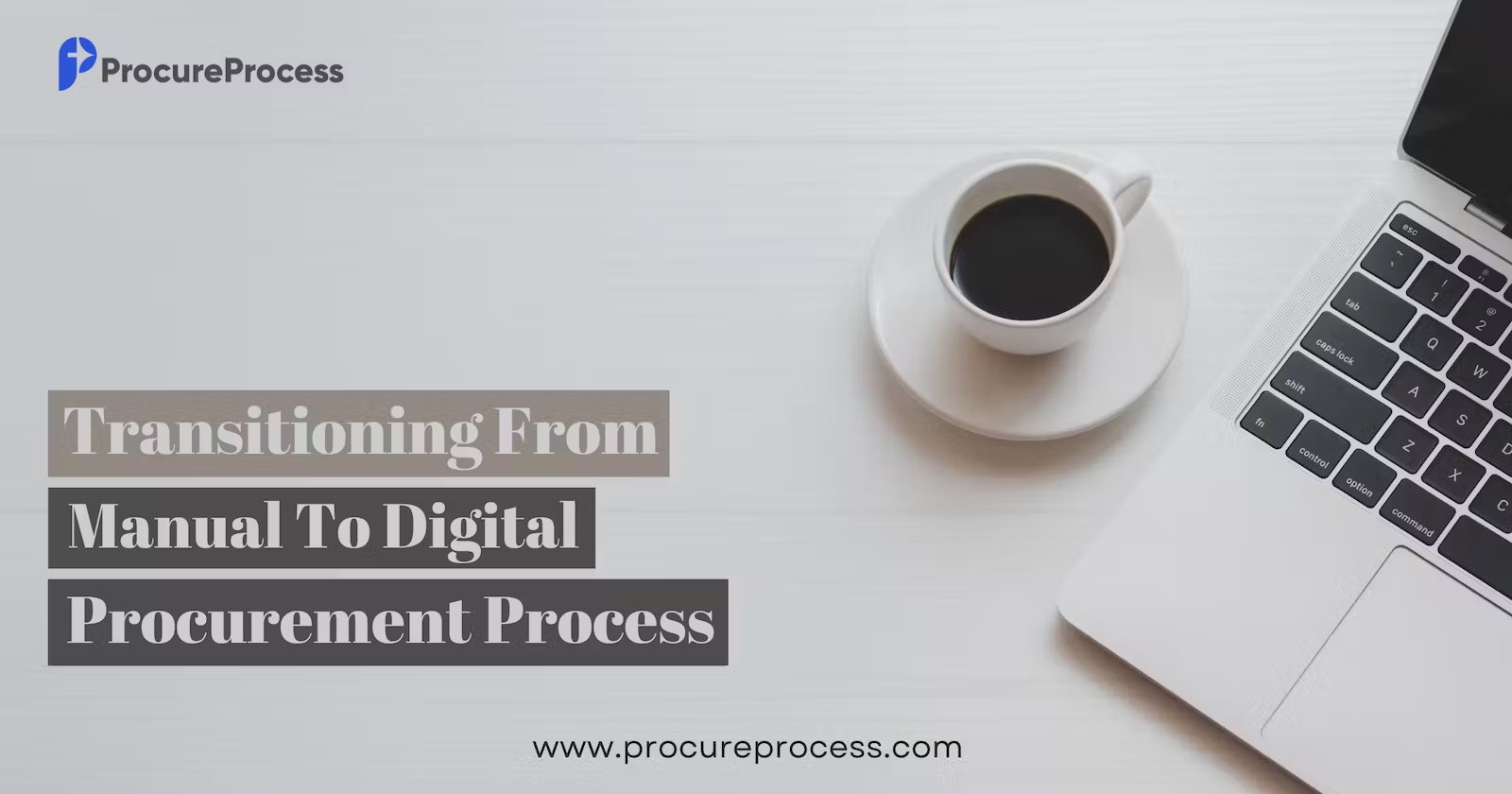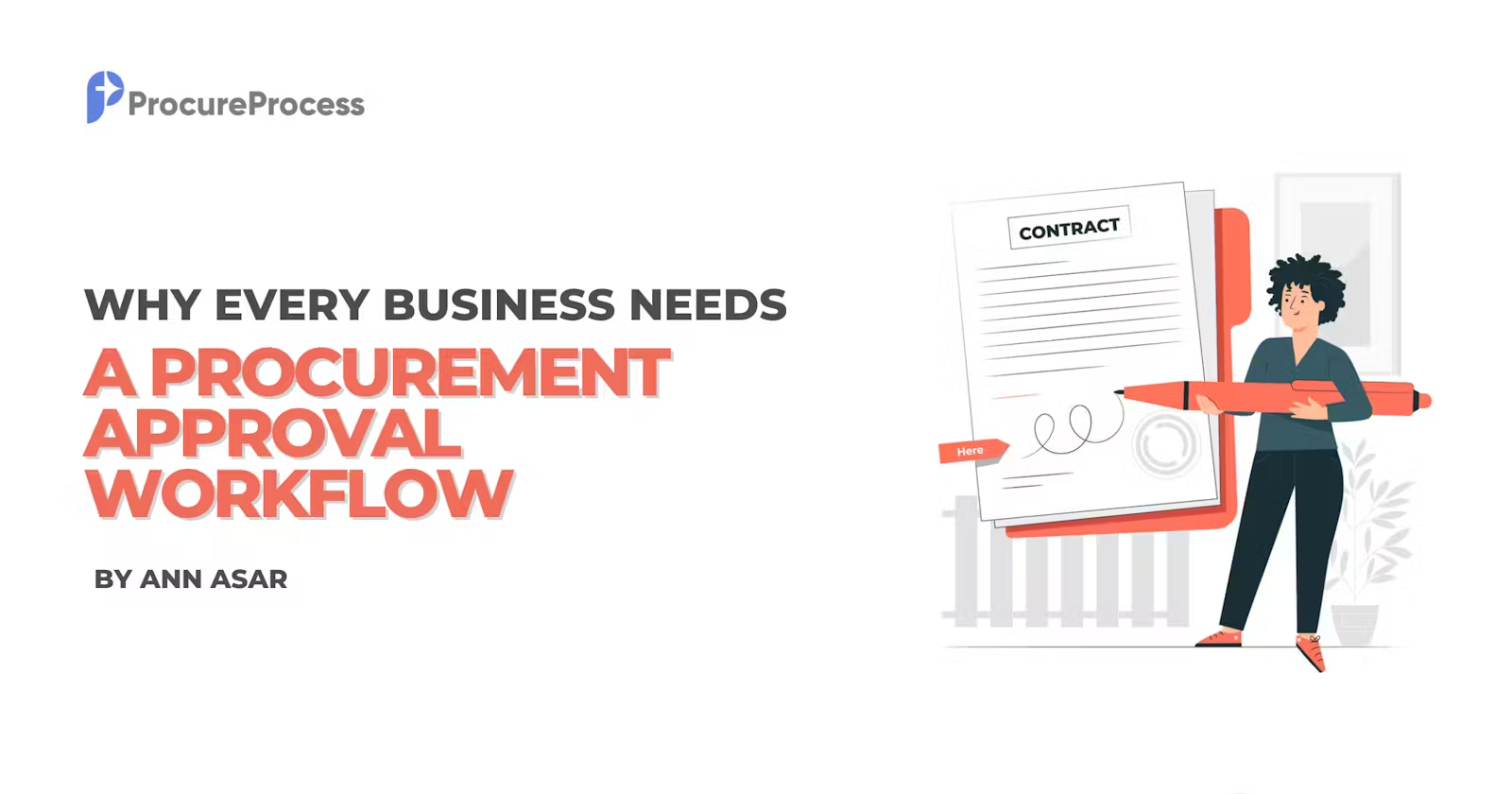In the previous article of our series on procurement RFX, we introduced the concept of RFX, a collective term encompassing Request for Quotation (RFQ), Request for Proposal (RFP), and Request for Information (RFI). Each of these components plays a unique role in the procurement process, and in this article, we will focus on RFQ, also known as Request for Quotation.
What is RFQ
RFQ is a document containing a list of detailed items a company wants to purchase. The company sends out an RFQ to get prices from different vendors and compare prices.
The central focus of an RFQ is to obtain quotations from suppliers that outline the prices of goods or services. Unlike RFPs, which explore various aspects of a potential supplier's proposal, RFQs are primarily concerned with cost.
RFQs are typically used for purchases where the items or services being procured are well-understood, with clear specifications and minimal room for customization, in order not to get quoted for a wrong or similar product,
When do Companies publish RFQ
Most businesses use an RFQ when they know exactly what they're looking for and are ready to make a purchase.
How are RFQs published
RFQs can be published through various channels, depending on the organization's preferences, industry norms, regulatory policies and the scale of procurement. Here are some common methods used to publish RFQs:
Offline Methods: Some organizations still utilize traditional methods such as print publications like newspapers or physical bulletin boards within their premises to publish RFQs.
Direct Communication with Suppliers: In certain cases, especially for specialized or niche requirements, organizations may opt for direct communication with specific suppliers or vendors. This approach allows for personalized engagement and can be particularly effective for tailored or highly specific procurement needs.
Online Procurement Platforms: Some organizations utilize third-party online procurement platforms or marketplaces to publish their RFQs. These platforms cater to a wide range of suppliers across industries, facilitating the dissemination of RFQs and the receipt of competitive bids. These platforms do not carry out verification of vendors and companies end up receiving quotes from unqualified vendors via email or physical submissions.
ProcureProcess: Organizations that use ProcureProcess, publish RFQs on ProcureProcess RFX Board after their internal approval process. Organizations would receive digital quotes from verified vendors and digitally review all the quotes to get the vendor with best price
In the world of procurement, a Request for Quotation is a valuable tool for organizations seeking cost-effective solutions for their goods and services. In our next article, we will explore Request for Proposal (RFP) and how it differs from RFQ, highlighting its significance in more complex procurement scenarios. Stay tuned for more insights into the world of procurement RFX.





